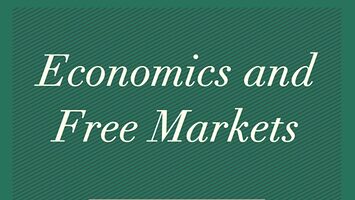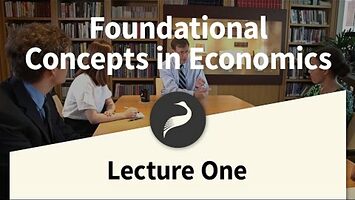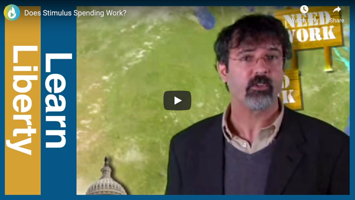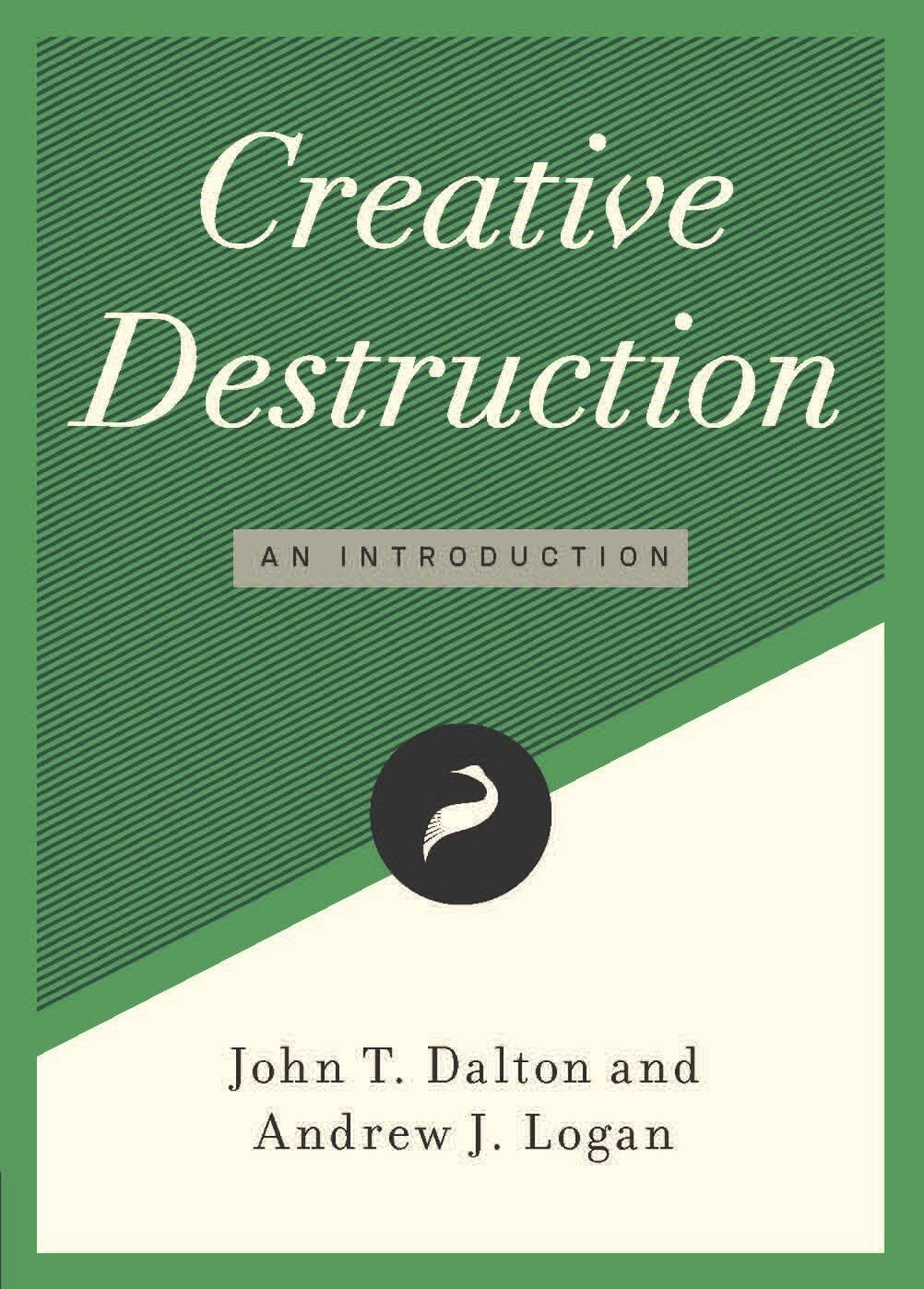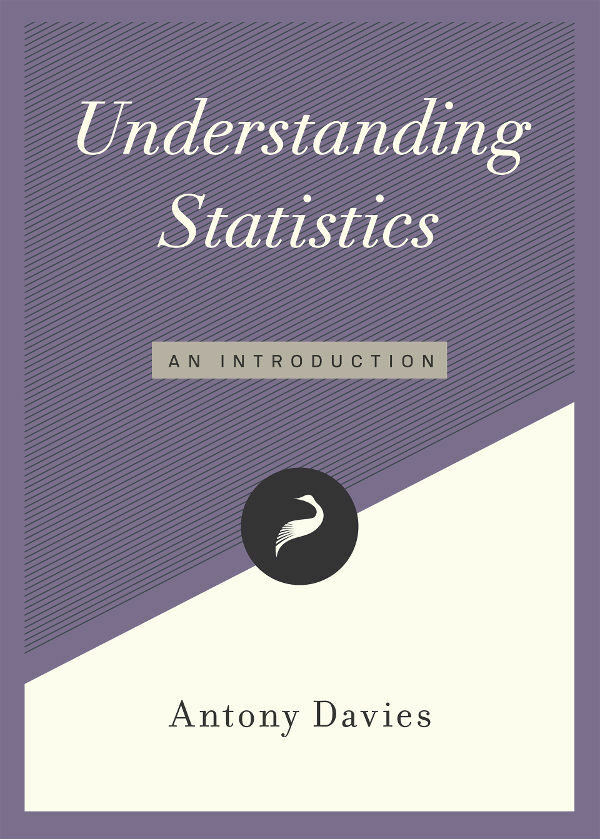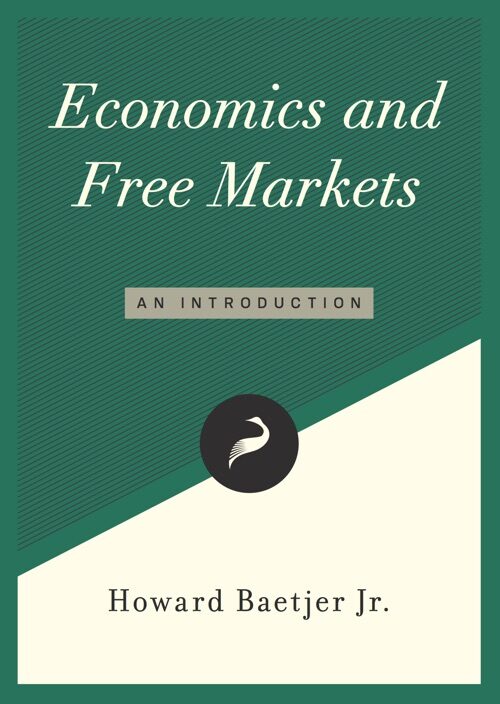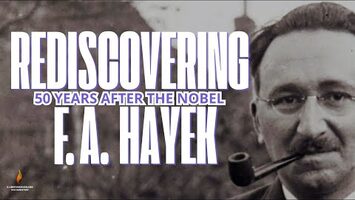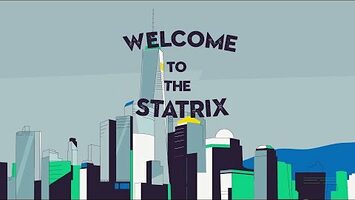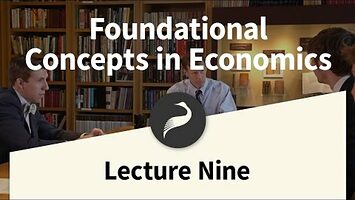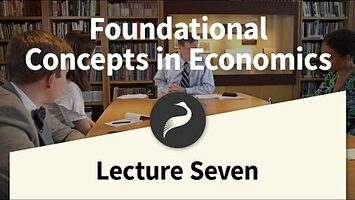Economics
Encyclopedia
The standard textbook definition of economics is something like “the study of the allocation of scarce means among unlimited ends.” Economics studies how human beings choose in a world where their desires for things outstrip the quantity of those things that are available for use. We cannot have everything that we want, so we must decide, in the face of uncertainty, how to satisfy our most urgent wants with the resources we have. This is what is often called “economizing behavior.” Economics is especially interested in studying how all of these individual choices are socially reconciled. If we are all engaged in the act of economizing, how do we ensure that those individual choices are coordinated in a way that leads to society as a whole using resources as effectively as possible?
At the most general level, then, economics is the study of human choice and its consequences, both intended and unintended. In understanding the unintended consequences of choice, and how those choices can be coordinated to produce social benefit, economics continues to rely on the idea of the “invisible hand” found in Adam Smith. Individuals choosing in their own broad self-interest are led through the institutions of the market to benefit others. For some economists, this is framed in terms of the tendency of markets to reach an optimal equilibrium. For others, it is described more loosely as “coordination,” or as “emergent” or “spontaneous” order. Either way, the core idea remains the same: economics studies how people choose facing scarcity and how social institutions (usually) channel those choices into unintended order. Noticing the existence of that unintended order is the beginning of social science and economics specifically.
Despite a common belief to the contrary, economics is not primarily concerned with narrowly monetary or financial issues. The domain of economics is potentially all of human action. Whenever humans have to act under conditions of scarcity and therefore must consider both benefits and costs, and think about tradeoffs among alternative choices, the “economic way of thinking” is relevant. This can describe the behavior of firms deciding how best to pursue profits, and it can describe the choice that families make about how many children to have or the choices policy makers face when considering something like environmental regulation. The wide applicability of the economic way of thinking does not make it sufficient to answer all questions of human behavior and social policy, but consideration of the ideas of scarcity, tradeoffs, and foregone alternatives might be necessary for determining what constitutes the good society.
Economics is conventionally divided into microeconomics and macroeconomics. Microeconomics studies the choices of individuals, households, and firms and how they interact to generate economic coordination. Macroeconomics is concerned with the relationships among economic aggregates such as consumption, investment, and government spending, and how they affect economic indicators such as Gross Domestic Product (GDP), unemployment, and inflation.
Microeconomics approaches the choices of individuals and households by assuming that they attempt to maximize the utility they get from the goods they consume, while firms are assumed to try to maximize profits. Households have a certain level of wealth, a certain flow of income, and a set of preferences about what goods and services they would like to consume. Those resources and preferences are then matched up against the prices of the marketplace to determine how best to allocate the household’s resources among its consumption possibilities. Firms similarly have assets and income as well as an output they would like to produce and certain combinations of inputs that are able to produce that output. Based on the prices they face for their inputs and the price they anticipate for their output, firms can decide what to produce and how to produce it in a way that maximizes their profits. Microeconomics tries to explain how this pursuit of utility and profit are coordinated by prices so that preferences are satisfied as far as possible and that resources are used most efficiently.
This framework allows economists to study issues of competition and monopoly, as the competitiveness of the marketplace will affect the costs facing producers and their ability to charge various prices and produce various levels of output. Microeconomics also looks at various other applications of this approach, including how it applies to the environment, the decisions made within households about marriage and household chores, and the choices people face in labor markets. It also studies the effects of taxation on consumption and production.
Macroeconomics as a separate sub-discipline really dates from the 1930s and the Keynesian revolution in economics. Although others had discussed the movements among aggregate statistics before Keynes, most often in terms of the way that changes in the money supply would affect them, it was Keynes’ work that opened the door to formalizing those relationships and seeing causal connections among them. More specifically, macroeconomics has looked at the components of GDP and how their stability affected the overall economy. In its most simple version, total expenditures in the economy (ignoring foreign trade) are made up of consumption, investment, and government (C, I, and G). One of the major debates in economics is how stable those individual elements are. For example, if I is not very stable and there is no mechanism to ensure that a decline in I is offset by, say, a rise in C, then it can cause a decline in GDP, leading to unemployment and recession. It might then require an increase in G to restore the private economy to good health. One of the big debates in macroeconomics is over the stability of I and how effective government spending can be at stabilizing an economy.
A second major debate is over the role that money plays in ensuring steady economic growth. Economists like Milton Friedman argued that fluctuations in the money supply were more important for destabilizing GDP growth than were changes in investment. Rather than calling for more government spending to avoid recessions and depressions, so-called “monetarists” focused on ensuring stability in the growth rate of the money supply. They were concerned not only about avoiding downturns in GDP and employment, but also avoiding inflation from a money supply that was too large.
Much of macroeconomics today is concerned with what historically was treated separately as economic growth. Introductory macroeconomics textbooks include discussions of the various factors that promote and retard economic growth, including but not limited to the macroeconomic policy concerns of the twentieth century. Even the discussions of inflation, unemployment, and GDP are often framed in terms of their effects on short term and long-term economic growth and why countries often differ in their rates of growth.
Another aspect of the focus on growth of modern macroeconomics is that it enables macroeconomists (as well as microeconomists) to talk about the importance of economic, political, and social institutions. As noted earlier, broadly self-interested behavior leads to good unintended consequences only if the institutions that frame exchange are right. Well-defined and well-enforced property rights, the rule of law, and respect for contracts are all important for ensuring that the invisible hand and emergent order described by microeconomics work as well as possible. Poor institutions will discourage potentially mutually beneficial exchanges as well as entrepreneurship and thereby undermine economic coordination. Microeconomics can be seen as an attempt to understand which institutions do this work best and why poor institutions lead microeconomic disorder.
Good “rules of the game” such as strong property rights and the rule of law not only ensure better microeconomic coordination, they also promote macroeconomic stability and long-term economic growth. Of particular importance for macroeconomics is sound money. Keeping inflation under control and providing a reliable money are crucial to encouraging not just entrepreneurship but also longer-term investments in capital and things like education and training for workers. Those investments are ones that drive long-term growth, and a great deal of macroeconomics in the last few decades has been concerned with the relationships among those investments, economic policy, and long-term growth, especially in a comparative context. The question of why some countries were richer than others has been at the core of economics since Adam Smith and remains so today in the increased attention paid to institutions in macroeconomics.
The focus on institutions also enabled economics to understand better the political process and the formulation of economic policy. For a long time, economic models just assumed that policy makers would enact the ideal solution that the model produced. Any evidence of markets performing less than ideally was therefore sufficient to justify correction by government intervention. The problem with this approach was that it ignored the actual institutions of policymaking and the incentives they created for political actors. It implicitly assumed a degree of concern with the public interest among political actors that was radically different from that of actors in the economy. Eventually, economists began to ask whether political institutions populated by actors with same degree of self-interest as those in the market would be likely to produce those ideal policy responses. If we viewed political actors as broadly self-interested and attempting to use exchange to satisfy their wants, how does that change our view of policymaking?
For example, macroeconomic theory might say that we should run government budget deficits only in times of recession, yet self-interested politicians will always find it beneficial to keep taxes low and spending high so as to please constituents and garner votes, regardless of what theory says. By applying the basic ideas of economics to political decision-making, what became known as “public choice” economics raised the possibility that government intervention might fail to improve on the imperfections of the market. Identifying a market imperfection was no longer sufficient to justify government intervention. Proponents of such interventions also had to show that political actors would act in such a way as to produce a better outcome. More economists became interested in comparative analyses where the question was whether imperfect markets or imperfect political processes would produce better outcomes based on the incentives each institutional structure created.
The relationship between economics and libertarianism is a close and complex one. Perhaps the most important connection is that many of the thinkers who have contributed to the development of libertarian ideas were economists, or wrote heavily about economic issues. From historical figures such as Adam Smith and John Stuart Mill to twentieth-century thinkers such as Ludwig von Mises, Friedrich Hayek, and Milton Friedman, economists have been among the most influential thinkers within libertarianism. One of the things that unites those economists who libertarians admire is that they were bigger thinkers and system builders. All wrote about the relationship between economics, and economic freedom in particular, and human freedom more generally. They were all contributors to the broad liberal tradition. Libertarians, as modern heirs to that tradition, unsurprisingly found those economists to be particularly congenial and saw their work in economics as helpful in articulating libertarian ideas.
Economists and economics have also been important to libertarianism for historical reasons. To the degree that the twentieth century was a century of socialism, whether in the stronger forms seen in the Soviet Union and China, or in the milder forms in the UK and elsewhere, free market ideas had little traction. The opposition to socialism that united libertarians with that era’s conservatives also necessitated a focus on economics to show why socialism, and especially its treatment of the history of capitalism, were so mistaken. The hard hill to climb for much of the last century was making the case for market capitalism in a world dominated by socialist and interventionist thinking, both in academia and in the real world of politics. Those who stood in opposition to that domination found refuge in economics, and in the work of more market-oriented economists like Mises, Hayek, and Friedman in particular.
At a more institutional level, the few classical liberal and libertarian organizations that existed mid-century were also disproportionately populated by economists or focused on economic ideas. For academics and businesspeople, the Mont Pelerin Society, founded in 1947, served as a forum for sharing ideas and networking. Hayek was a founding member and the early meetings were heavily dominated by economists. The Foundation for Economic Education, founded a year earlier, was also dominated by economists with its mission of spreading free market ideas to the general public. Even though both organizations saw their mission as having a broader defense of the liberal order than just economics, in the post-war era, when Keynesian interventionism and socialism were the dominant economic ideas, focusing on economics was a necessity.
Because understanding economics was so important to making the case for the free society libertarianism envisions, it’s no surprise that libertarianism has also been associated with schools of thought in economics that provided tools for appreciating the unplanned order of the market and analyzing the problems facing government intervention. The modern Austrian school, deriving from the work of Mises and Hayek, has been very influential with its emphasis on the benefits of entrepreneurship and competition as well as its critique of economic planning and centralized management of money. Milton Friedman and the Chicago school have also been a big influence on libertarian thinking, both with their applied microeconomic analysis and their macroeconomic critique of Keynes. Finally, public choice economics has played an important role, especially in the last few decades, as a way to push defenders of government intervention into recognizing the possibility of government failure and engaging in a more comparative analysis. In addition to their historical relevance, modern libertarian social and policy analysis makes use of all of these schools of thought and others, while requiring fealty to none of them.
More generally, libertarians find the idea of emergent or spontaneous order that is at the center of so much of economics to be a very congenial one. That economics can explain how people who are able to choose freely in markets will produce an orderly outcome that none of them designed is a claim that will find much sympathy from libertarians given their belief that people should be free to do as the please as long as they do not harm others. Libertarianism’s rejection of top-down solutions to social problems rests on the claim that decentralized decision making with the appropriate institutional framework can lead to social coordination, cooperation, and progress. Economics helps to understand how that emergent order can be produced and why centralized solutions will fail in the face of the complexity of human social interaction.
The centrality of economics to libertarian thought has not come without costs. Though historically understandable, in a world where serious socialism has largely been intellectually defeated, it would seem natural for libertarians to move on from their economic focus and create space for other disciplines in understanding the importance of individual freedom. The danger of a certain kind of economic imperialism remains a real one. The recent interest in the institutions of civil society, such as religious institutions, non-profits, and even the family suggests that the old binary of “the market versus the state” is crumbling and opening up that space for political science, sociology, psychology, and the humanities, including the creative arts. All of those other disciplines have important contributions to make to libertarian thought, even as economics is likely to remain first among equals in the 21st century.
